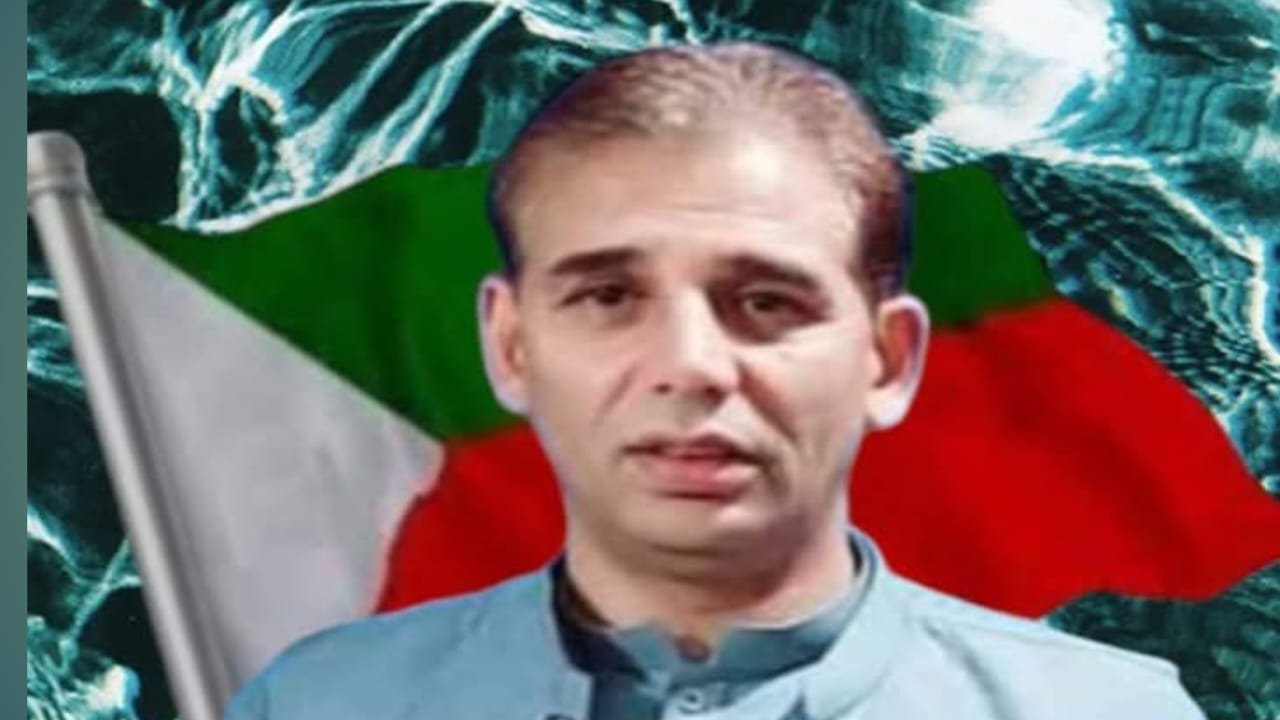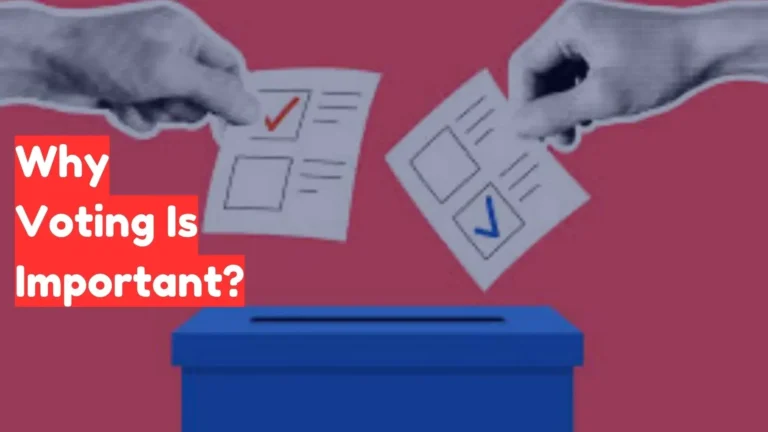Arrest of Kashmiri Activist Saddaqat Mughal Sparks Outcry Over Silenced Dissent

By Waheeda Jammu Kashmiri
The arrest of Saddaqat Mughal Kashmiri, chairman of the Jammu Kashmir Liberation Front-Nazaryati (JKLFN), has reignited debates over freedom of expression and political repression in Pakistan-administered Jammu Kashmir. Mughal, detained on March 22 in Mirpur and later presented before a Neelum Valley court, was accused of “spreading hatred against the Pakistan army.” The court granted police a two-day physical remand, but the circumstances surrounding his arrest have raised serious questions.
Controversy Over Charges and Police Claims
Police allege Mughal exploited a tragic incident in Dudgai, Neelum Valley, where three youths died in an avalanche while reportedly transporting army supplies. Mughal shared a video linking their deaths to military involvement—a claim authorities dismissed as “baseless propaganda.”However, contradictions emerge in the official narrative. While police insist Mughal had been evading arrest, his well-documented public appearances—including press conferences in Mirpur, Muzaffarabad, and Islamabad—suggest otherwise. Journalists and activists question how a figure so visibly active could be labeled a fugitive.
Public and Legal Backlash
Mughal’s detention has drawn sharp criticism from pro-independence groups, legal experts, and diaspora communities. Prominent lawyer Fazal Mehmood Baig likened the case to the persecution of Baloch activist Dr. Mahrang Baloch, urging solidarity for Mughal. Meanwhile, JKLF’s U.S.-based vice chairman, Raja Muzaffar, condemned the arrest as politically motivated, demanding his immediate release.
Media and Local Perspectives
Local journalists challenge the selective targeting of Mughal. Harish Qadeer noted that multiple sources, including a youth who filmed debris allegedly containing army supplies, had reported similar claims about the Dudgai incident. “Why single out Mughal?” Qadeer asked.
Jalaluddin Mughal, another journalist, warned that heavy-handed repression risks inflaming public unrest. “Authorities are stoking anger, not fear,” he stated.
A Broader Pattern of Suppression
Mughal’s arrest mirrors the repeated detentions of Khawaja Mujtaba Banday, president of the Jammu Kashmir National Students Federation (JKNSF). Both hail from Neelum Valley, a region increasingly scrutinized for dissent. Their cases underscore a systemic effort to stifle demands for self-determination.
From the valleys of Neelum to the streets of Mirpur, Kashmiris are raising urgent questions about power, justice, and accountability. Mughal’s arrest is not an isolated event—it reflects the ongoing struggle of a people determined to voice their truth.
As a Kashmiri, I have seen how oppression breeds resilience. Whether through social media or protests, our stories will not be erased. The world must reckon with a pressing question: When will justice prevail in these mountains?
About Author

Latest News!
 Opinion11/07/2025Pakistan Army Encroachments in Datot: How Militarization Threatens Women, Land, and Community Rights
Opinion11/07/2025Pakistan Army Encroachments in Datot: How Militarization Threatens Women, Land, and Community Rights Opinion11/06/2025How Pakistan’s ‘Open Merit’ Policy Is Erasing Kashmiri Identity
Opinion11/06/2025How Pakistan’s ‘Open Merit’ Policy Is Erasing Kashmiri Identity News07/01/2025The Zarnosh Naseem Case
News07/01/2025The Zarnosh Naseem Case Opinion05/13/2025Remember 13 May: Pakistan Killed 3 Kashmiris in Muzaffarabad
Opinion05/13/2025Remember 13 May: Pakistan Killed 3 Kashmiris in Muzaffarabad






